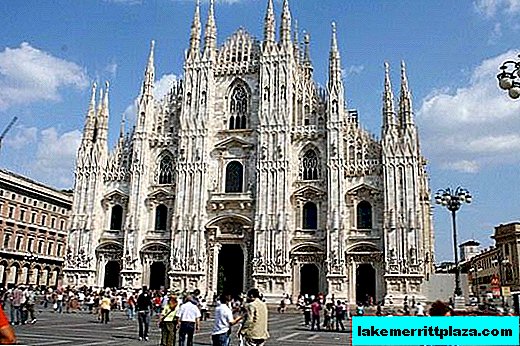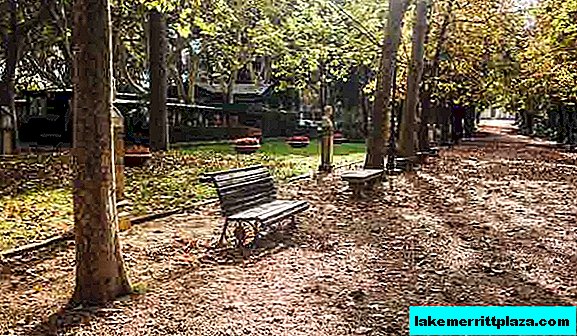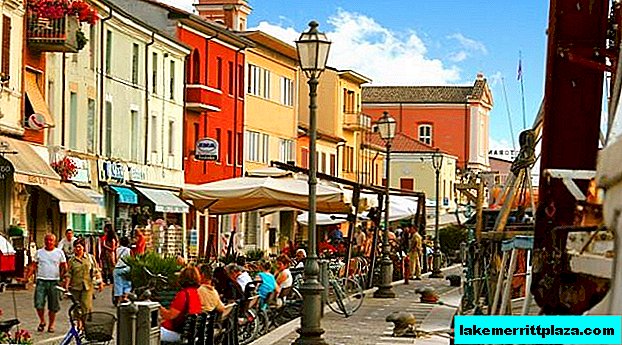Despite the fact that abortion operations in Italy have long been recognized by law, recently more and more doctors refuse to have abortions, thereby forcing women to look for other, sometimes unsafe, options.
After Benito Mussolini’s ban on abortion was lifted in 1978 due to the efforts of a group of influential women politicians, including former Foreign Minister Emma Bonina, Italians were given the legislative right to terminate their pregnancy within the first three months after conception. Abortion after 90 days of pregnancy is permitted only in cases of fetal damage, or when the mother’s life is at risk.
Such a right may seem unacceptable to a Catholic country. Before the law came into force, sociologists claimed that abortion was the third leading cause of death for women. Many politicians have repeatedly tried to return the ban from the time of the Italian dictator. However, all of the above does not imply that making an abortion operation in Italy is easy.
“The situation has worsened in recent years,” said Elisabetta Canitano, gynecologist and president of Vita di Donna, an organization that provides women with help and support in providing medical services.
So, in March this year, a 28-year-old girl named Valentina Magnanti assured the jury that for 15 hours she had experienced hellish torment during childbirth after doctors refused to terminate her pregnancy in the fifth month, even taking into account that the fetus was badly damaged. Another patient had to call the police to the hospital, where doctors refused to have an abortion after the operation began. In other cases, women who were denied the aforementioned surgery sought unsafe medical care, risking their health.
According to the law on the abolition of the ban on abortion, there is a unique clause that states that a doctor may refuse to perform an abortion operation based on his moral principles. The number of doctors justifying their rejection of abortion by this particular article in the law has increased significantly in recent years.
Massimo Gondolfini, a spokeswoman for the anti-abortion organization (Associazione Scienza e Vita), explains the growing rejection of abortion because most doctors consider this procedure “completely unacceptable and unfair.” The organization represented by Gondolfini believes that “nothing can justify killing a child,” and urges women to abandon the idea of aborting.

Silvana Agatone, a doctor at a hospital in Rome, cannot support her colleagues, claiming that performing such operations is an integral part of the gynecologist’s work, and insists that every hospital should provide this kind of service. “The law gives women the right to abortion in a safe environment, and not in conditions of secrecy and danger,” Agatone said. In the Lazio region alone, 80 percent of gynecologists refuse to perform abortion operations, citing their moral principles. In the south of the country, only every tenth specialist will agree to this procedure.
The main problem today in Italy is the search for doctors who would agree to have an abortion operation after 90 days from conception. After this period, an abortion requires more attention and caution: after all, the health and life of the mother are in danger. Health facilities often rely on the help of freelance specialists if their workers categorically refuse to take on such responsibility.
“In the five provinces of the Lazio region, there are only two doctors who agree to have an abortion after 90 days,” Agatone explains. “Before going to the operating table during this period of pregnancy, women have to undergo numerous examinations over several days.” The specialist also explains that very often women go to hospitals in another city, or even go abroad.
In addition, Agatone notes, many doctors are simply unprepared for operations of this kind. “At universities, students studying for gynecologists are not taught abortion surgery.” Nevertheless, one should not blame the reluctance of doctors on abortions in connection with their own moral concepts. There are many doctors who, opposing abortion, agree to have them.








